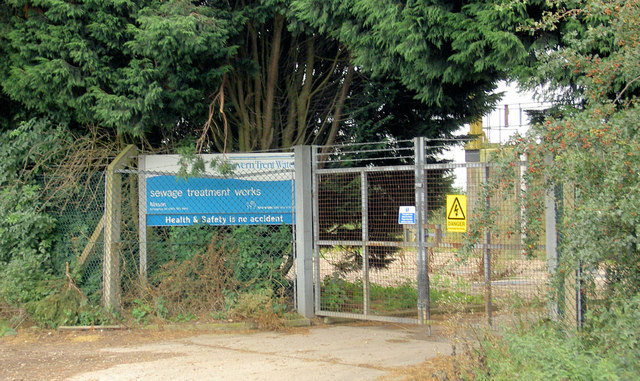Health and safety in the workplace are paramount to ensuring the well-being of employees, the public, and the environment. In the UK, this has been a major focus for several decades, with regulations and standards continuously evolving to create safer work environments. This blog will delve into the importance of health and safety in the uk, employer and employee responsibilities, and the benefits of maintaining high health and safety standards.
Importance of Health and Safety
The primary goal of health and safety measures is to prevent accidents, injuries, and illnesses in the workplace. This not only protects individuals but also reduces costs associated with workplace incidents, such as medical expenses, legal fees, and lost productivity. A strong health and safety culture can also enhance an organization’s reputation, leading to improved morale and attracting top talent.
Key Regulations in the UK
The UK has a robust legal framework governing health and safety. The primary legislation includes:
1. Health and Safety at Work Act 1974 (HSWA)
- This is the cornerstone of health and safety legislation in the UK. It places a general duty on employers to ensure, as far as reasonably practicable, the health, safety, and welfare of their employees at work. It also covers the protection of the public and anyone else who may be affected by work activities.
2. Management of Health and Safety at Work Regulations 1999
- These regulations require employers to conduct risk assessments, implement appropriate health and safety measures, and provide information and training to employees.
3. Workplace (Health, Safety, and Welfare) Regulations 1992
- These regulations focus on ensuring that the workplace is safe and suitable, covering aspects such as ventilation, lighting, and cleanliness.
4. Personal Protective Equipment at Work Regulations 1992
- Employers must provide suitable personal protective equipment (PPE) to employees where necessary and ensure it is maintained and used properly.
5. Reporting of Injuries, Diseases and Dangerous Occurrences Regulations 2013 (RIDDOR)
- Employers must report certain serious workplace accidents, occupational diseases, and dangerous occurrences to the Health and Safety Executive (HSE).
Employer Responsibilities
Employers in the UK have a legal duty to protect the health, safety, and welfare of their employees and others affected by their work activities. Key responsibilities include:
- Risk Assessments: Conduct regular risk assessments to identify potential hazards and implement control measures to mitigate risks.
- Training and Information: Provide adequate training, information, and supervision to ensure employees can carry out their work safely.
- Safe Systems of Work: Establish and maintain safe working practices and procedures, including the use of equipment and handling of hazardous substances.
- Health and Safety Policy: Develop a written health and safety policy if the organization employs five or more people, outlining the approach to managing health and safety.
- Consultation: Engage with employees or their representatives on health and safety matters.
Employee Responsibilities
Employees also have a role in ensuring a safe workplace. Their responsibilities include:
- Following Procedures: Adhere to health and safety policies and procedures established by the employer.
- Using PPE: Properly use any personal protective equipment provided.
- Reporting Hazards: Report any hazards, unsafe conditions, or incidents to their employer or safety representative.
- Cooperating with Employers: Work collaboratively with employers and colleagues to promote a safe working environment.
Benefits of a Strong Health and Safety Culture
Investing in health and safety brings numerous benefits to an organization, including:
- Reduced Accidents and Injuries: Minimizing the risk of accidents helps prevent injuries and illnesses, keeping employees safe and reducing downtime.
- Legal Compliance: Complying with health and safety legislation helps avoid legal penalties and potential litigation.
- Improved Productivity: A safe working environment can boost morale, leading to increased productivity and job satisfaction.
- Cost Savings: Preventing accidents and illnesses can reduce costs related to healthcare, insurance, and compensation claims.
- Enhanced Reputation: Demonstrating a commitment to health and safety can enhance an organization’s reputation with clients, customers, and potential employees.
The Role of the Health and Safety Executive (HSE)
The Health and Safety Executive (HSE) is the UK’s national regulator for workplace health and safety. It provides guidance, enforces regulations, and investigates accidents. The HSE works to prevent work-related death, injury, and ill health through:
- Inspections and Enforcement: Conducting workplace inspections and taking enforcement action when necessary.
- Guidance and Advice: Offering advice and guidance on health and safety best practices.
- Incident Investigation: Investigating serious accidents and incidents to determine causes and recommend improvements.
Conclusion
Health and safety in the UK are governed by comprehensive regulations designed to protect employees, the public, and the environment. Employers and employees both have vital roles in maintaining a safe workplace. By fostering a strong health and safety culture, organizations can not only comply with legal obligations but also enjoy numerous benefits, including reduced accidents, improved productivity, and enhanced reputation. Investing in health and safety is an investment in the well-being and success of both employees and the organization as a whole.
